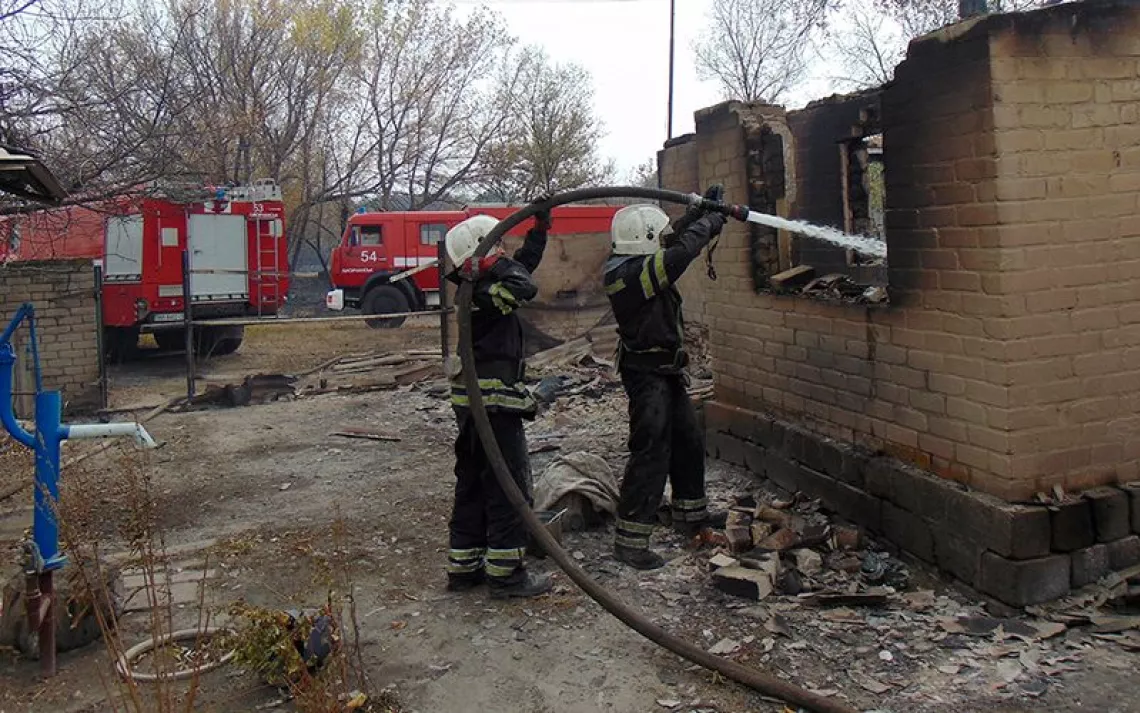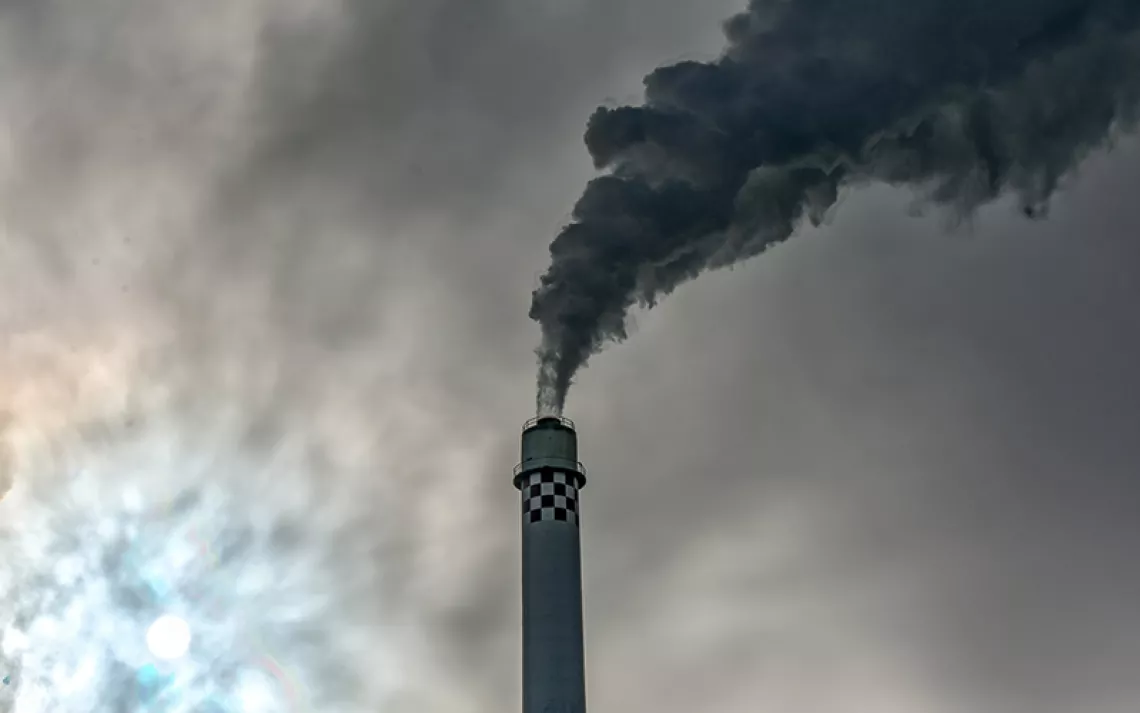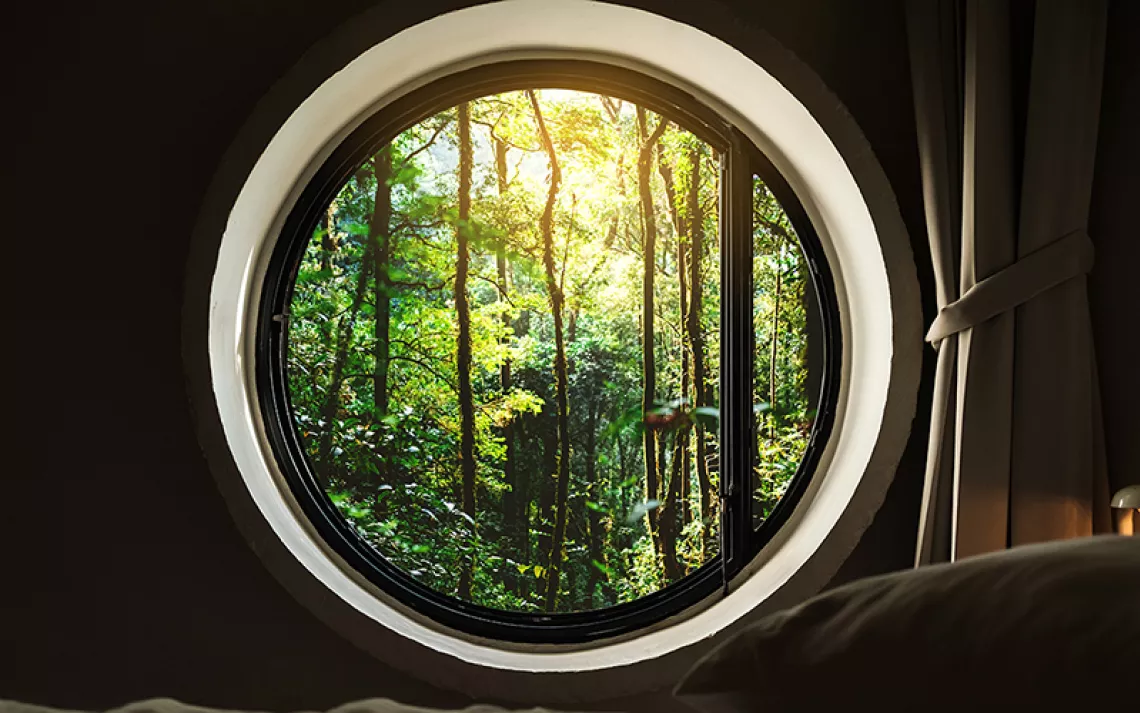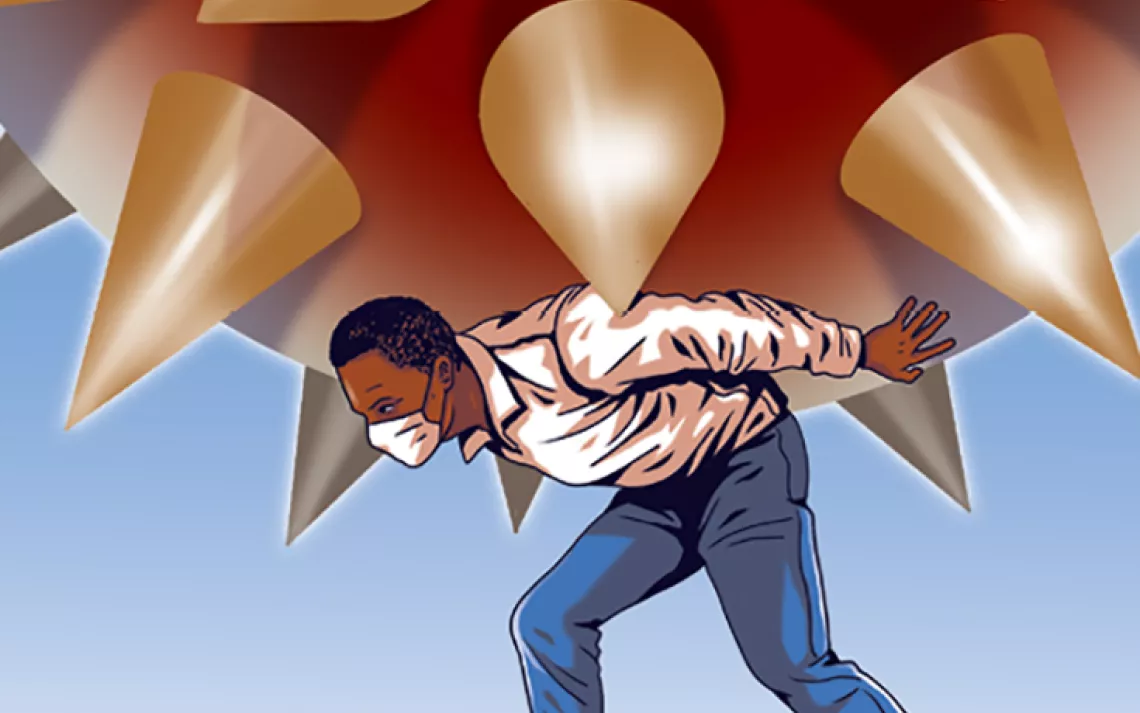What If I Can't Go Outside Anymore?
If you can't be at home in nature, you can find nature at home
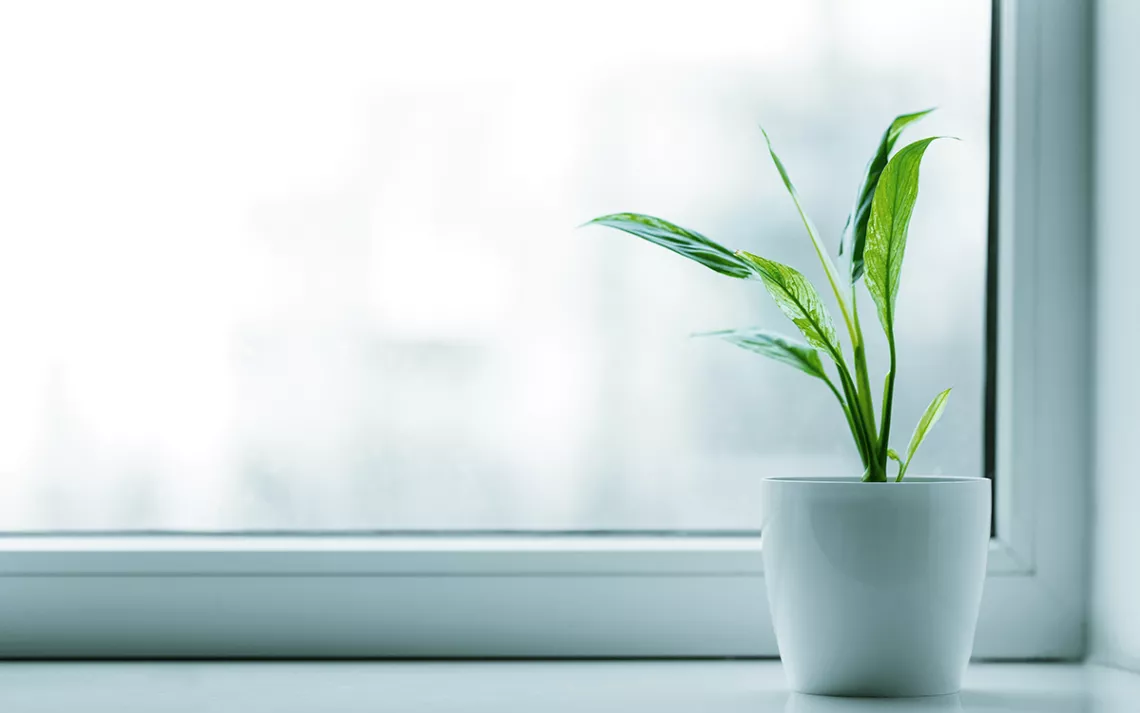
COVID-19 is forcing us to get creative about how we experience nature. | Photo by artisteer/iStock
A few days ago, it was supposed to snow. The sky was overcast in that anticipatory, opaque way that fills me with longing for what is to come. I sat by the window all day, watching a few stray flakes swirl in the wind. I wondered if it was actually going to start snowing or if this was a sad joke. I didn’t feel like I could handle another letdown, even this small.
Just as dusk arrived, big, heavy flakes began to fall. The world was a muted purple. Everything was slow and quiet. The snow pushed me out of the anxious, aimless paralysis I had been feeling all day. I was calm. For a brief moment, things were OK.
This is the same feeling I get from spending time outside. I know in my brain and feel in my body that breathing deeply among the wind and the rocks and the trees is a salve. Recently, as I've been faced with an endless loop of days spent indoors, nature has become even more than that—it's a survival mechanism. I need it as much as I need food and water.
Just weeks ago, this might have sounded dramatic. But as millions of Americans sheltered in place to avoid the disastrous impacts of COVID-19, getting outside was one of the few things we were allowed to do. It was the last lifeline to the world we used to know, a reminder that we’re not living in a horrible science fiction film. It also feels like a lifeline to the future: When the pandemic ends, nature will still be there.
But now that lifeline is being severed. Getting outside for exercise is still allowed, but it’s becoming harder—and riskier—to get into nature. Parks, beaches, and playgrounds have been so crowded on recent weekends that officials are shutting them down. National parks are shuttering left and right. The one thing we had to look forward to is being taken away.
Of course, that’s not the case everywhere. In the cloistered pocket of New Hampshire where my partner and I are riding out the pandemic, we’re used to being the only ones on the trail even on the most beautiful spring days. Only a thousand people live in this town. Amid the head-spinning din of a rapidly changing reality, we find ourselves in the privileged position of still being able to tap into nature’s lifeline.
But what about the folks who can’t? Cities and states are scrambling to craft management plans that honor dueling truths: that the most effective way to curb the pandemic is to stay home, and that people need to get outside to exercise and feel joy and be human.
For ages, we’ve known anecdotally that nature is good for us, and recent scientific research backs that up. The mental health benefits of time outside, however, are not evenly distributed: We all connect with nature differently, based on where we live and how much time and privilege we possess. Escaping outdoors during this pandemic is primarily for folks who have the ability to work remotely, who aren’t staffing hospitals and grocery stores and fire stations. It's also a cold comfort to the more than 17 million people who have found themselves suddenly unemployed.
I’m not sure what I would do if—when?—the nature lockdown finds its way to this corner of rural New England. Mostly I try not to think about it. I feel too fragile to gracefully give up the thing keeping me afloat, even if it’s the right thing to do.
More parks and trailheads will probably be shut down in the coming days and weeks. With any luck, park managers will come up with creative ways to safely reopen them. For now, I will say a little prayer of gratitude for the dinky trailhead that remains open near my apartment, and for the beautifully carefree way that my dog sprints along, stopping to eat snow and looking up at me gleefully for approval.
But I’m learning that nature is not just outside. This morning, I stepped into the kitchen to microwave a cup of coffee that had gone cold as I scrolled the news. I slid in my mug halfheartedly, knowing the warmed-up coffee wouldn’t taste half as good as fresh. When I backed away from the microwave to watch the timer click down, I stepped into a bath of sunlight entering the kitchen from a skylight. Instinctively, I turned my face upward. I closed my eyes. The sun was warm and familiar on my face. As I stood there, my partner entered the kitchen and asked what I was doing. “I’m sunbathing,” I said.
I’m also looking for other small ways to let nature inside. I’ve been opening the windows, welcoming the cool spring air into my tiny apartment. I dug out an adult coloring book of rainforest scenes that had been collecting dust under the bed. On a whim, I bought a bouquet of flowers that has lasted an inordinately long time. I stopped to sniff them yesterday. If I closed my eyes, the potent, earthy smell was almost enough to convince me that I was wandering freely outside.
 The Magazine of The Sierra Club
The Magazine of The Sierra Club
